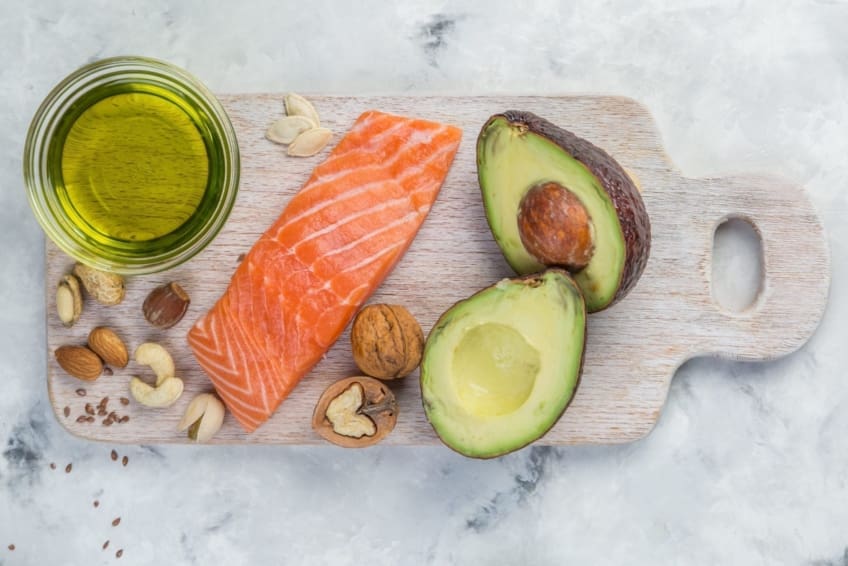
The keto diet, or ketogenic diet, is one that is high in fat intake and low in carbohydrate intake. When you replace the carbohydrates you eat with fats, your body goes into a metabolic state known as ketosis. This means that you begin burning fat for energy. The keto diet turns fats to ketones in the liver and reduces blood sugar and insulin levels.
Path to improved health
On the keto diet, the energy in your body is mostly supplied by burning fat. Your insulin level decreases, and fat burning will increase. The fastest way to get to ketosis is actually through fasting, but the keto diet allows you to still eat and feel full while working to produce more ketones.
The keto diet can help you regulate your appetite. People who follow this diet have said that they no longer feel hungry as frequently. It can also help you to lose weight, especially because many people eat less when they cut carbs from their diets.
Some even claim that keto can help to control diabetes and prediabetes because it lowers blood sugar and insulin levels.
Things to consider
Always speak with your doctor before beginning a new diet. The keto diet is not meant for everyone. If you have diabetes, high blood pressure, liver, heart, or kidney disease, are breastfeeding or may be pregnant, the this diet may not be for you.
Potential Side Effects of the Keto Diet
It’s important to factor in the symptoms you may experience when switching to a new diet. With the keto diet, you may experience the following:
- Because you will not be consuming many grains or legumes, foods that are typically high in fiber, you may experience constipation.
- Your brain needs sugar from healthy carbohydrates to function normally. Beginning a diet that includes less carbohydrates than you are used to can cause you to have mood swings, difficulty focusing, and fatigue.
- Lack of nutrients. Anyone who does not eat a variety of fruits and vegetables is always at risk for nutrient deficiency.
- Liver or kidney problems. Your liver works to metabolize fat, and your kidney helps to metabolize protein. It is possible that the keto diet could overload either organ. It may also make any liver or kidney issues you already have worse.
- An increase in LDL or “bad” cholesterol. This likely also increases your risk of heart attacks.
Questions to ask your doctor
- Will following the keto diet help to manage certain diseases or conditions?
- Are there side effects of switching to keto?
- Should I be taking vitamins or supplements while following this diet?
- How long should I be on the keto diet?
- Should I check some bloodwork (cholesterol and liver function) before and after starting keto?
Resources
National Institutes of Health, MedlinePlus: Carbohydrates
National Institutes of Health, National Center for Biotechnology Information: Ketogenic Diet
![]()
Copyright © American Academy of Family Physicians
This information provides a general overview and may not apply to everyone. Talk to your family doctor to find out if this information applies to you and to get more information on this subject.






